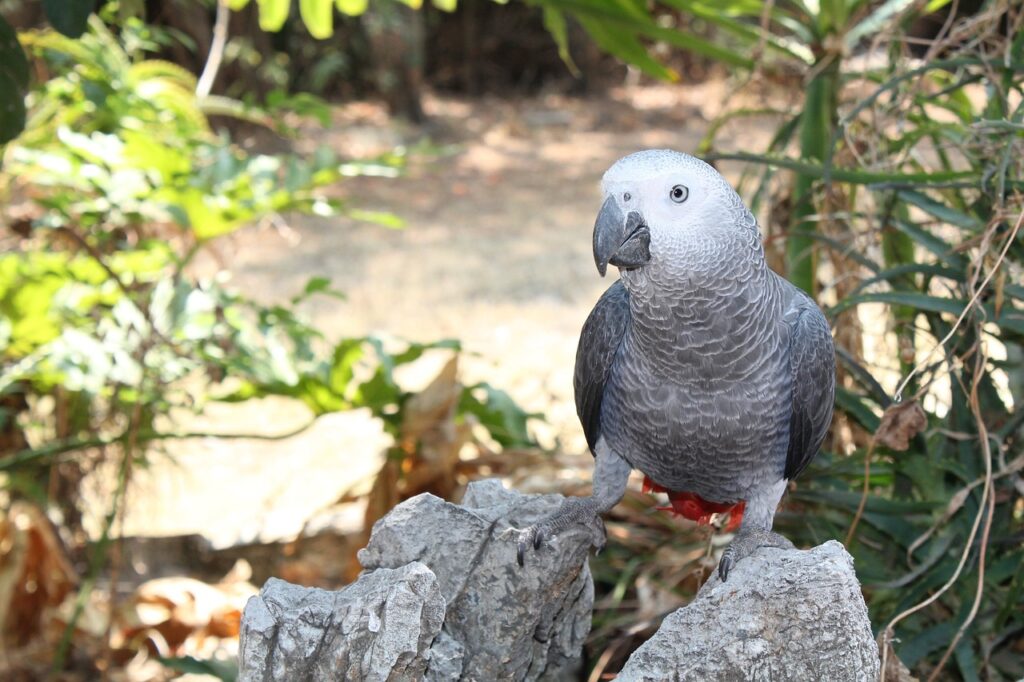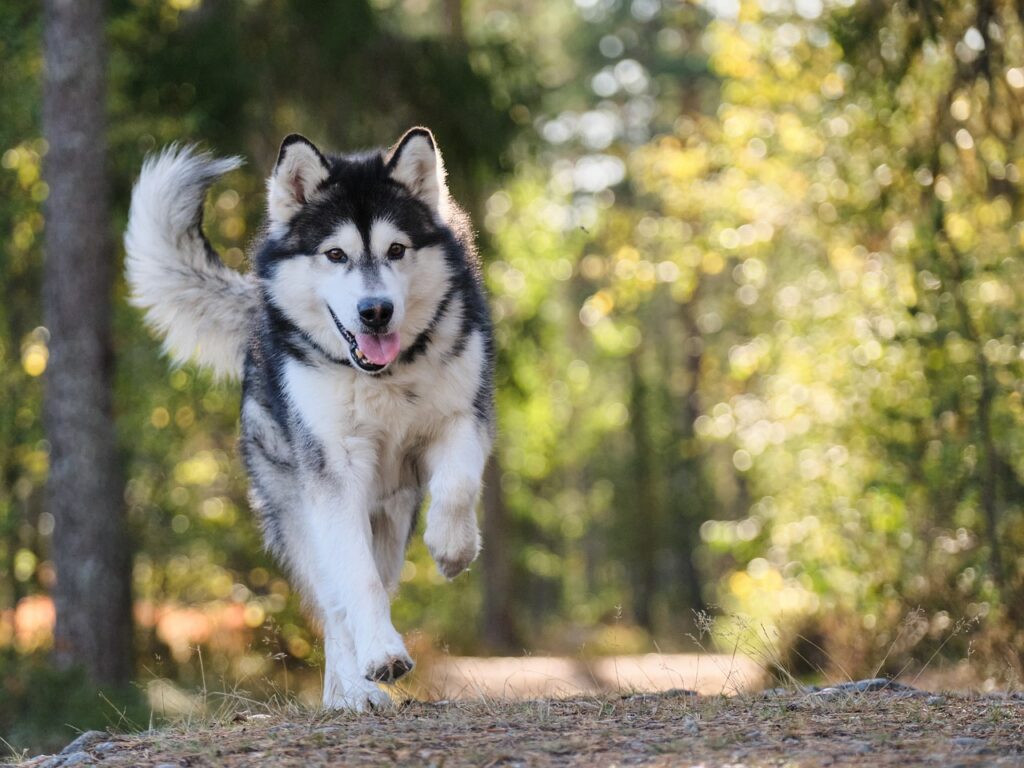When it comes to the health and happiness of a pet, one factor trumps them all-nutrition. Much as it is with human beings, pets thrive on well-balanced diets that relate specifically to their needs. However, with so many types of pet food in existence and so much varied advice floating around, which route should you take? Well, let’s just simplify this into something much simpler to understand.
Why is Nutrition Important for Pet Health?
Nutrition is the basis for any pet’s overall health and well-being. The diet will keep them not just physically fit but also mentally sharp and even well-behaved. Pets with appropriate nutrition are more likely to enjoy the following benefits:

An improved immune system
The skin is healthier and with great shine
Better digestive capacity or reduced stomach problems
Liveliness
Prolonged life span
On the flip side, poor nutrition can lead to serious health issues like obesity, diabetes, heart disease, and joint problems. For example, feeding your dog table scraps or an unbalanced homemade diet could lead to nutritional deficiencies that impact their growth and vitality.

Understanding Your Pet’s Nutritional Needs
Every pet is unique, and their dietary requirements vary depending on their age, size, breed, and activity level. Here’s a closer look:
Dogs
Protein: Provides the building blocks necessary for muscle growth and repair. High-quality protein sources include chicken, fish, or beef.
Fats: Fats provide energy and give skin and coat health. Omega-3 and Omega-6 fatty acids are highly beneficial.
Carbohydrates: Provide a quick source of energy but should be provided in moderation.
Vitamins and Minerals: They are essential for the health of bones, immunity, and vitality.
Water: Hydration is important to prevent kidney and urinary tract disorders.
Cats
High-Protein Diet: Cats are obligate carnivores and require a diet high in animal-based proteins.
Taurine: An essential amino acid occurring in meat and required for heart and eye health.
Healthy Fats: These provide the cat with energy and will give them a shiny coat.
Limited Carbohydrates: Unlike dogs, cats have no great need for carbs and may suffer health-wise from getting too much

Age-Specific Nutrition
Puppies and Kittens
Young pets require more calories, proteins, and other essential nutrients to help their bodies grow at a faster rate. Puppy or kitten food will be beneficial because it is prepared with the enrichment of everything they will need.
Adult Pets
Adult pets are supposed to have a proper balance between nutrition and no weight gain. Moderation is a key.
Senior Pets
Many older pets have trouble with joint pain or no energy. Diets with added glucosamine and omega-3 fatty acid will help with these problems. Calories also need to be reduced in many cases so they do not become obese.
Nutritional Issues Common in Pets
Obesity in Pets
The most common health problem with pets is obesity, usually caused by overfeeding and a lack of exercise. This not only affects mobility but also increases the risk for diseases such as diabetes and arthritis.
Tips to Prevent Obesity:
Follow recommended feeding guidelines.
Use a measuring cup for accuracy.
Give few treats.
Ensure daily exercise.
Nutritional Deficiencies
Deficiencies in vitamins, minerals, or amino acids in pets can lead to the following problems:

Brittle bones (calcium deficiency)
Dull coat (lack of omega-3 fatty acids)
Lethargy (low protein intake)
If you think that your pet is not getting something quite essential from its diet, always consult with a veterinarian.
Should You Opt for Natural or Homemade Pet Food?
Natural or homemade pet food is also a popular choice for owners seeking to provide their pets with healthier meals. Like with any other food, this too has to be complete nutritionally.
Homemade Dog Food Recipes
Chicken and Rice Bowl: Boiled chicken, cooked rice, steamed vegetables like carrots and peas.
Turkey and Sweet Potato Mix: Ground turkey, baked sweet potato, and sprinkled with flaxseed oil.
Tips for Homemade Diets
Include a range of protein sources.
Add a pet-safe multivitamin.
Avoid toxic foods such as onions, garlic, and chocolate.
Role of Veterinarians in Pet Nutrition
Your veterinarian is a valuable resource for learning about your pet’s specific nutritional needs. Regular check-ups will also be a time to monitor your pet’s weight, discover deficiencies, and make any necessary changes to their diet. Don’t hesitate to ask your vet about:
The best food brands for your pet.
If supplements are needed.
Personalized feeding programs for pets with medical conditions.
Premium Brands Worth Trying
One of the surest ways to guarantee a lifetime of health for your pet is by investing in quality pet food. A few premium brands to try out include:
Hill’s Science Diet: The company manufactures veterinary-approved formulas.
Royal Canin: This company sells breed-specific diets.
Blue Buffalo: This food is natural and free of artificial ingredients.
Orijen: Offers biologically appropriate diets for cats and dogs.
Practical Feeding Guidelines
Stick to a schedule: Feeding your pet at the same time every day helps establish routine and avoid overeating.
Portion control: Follow the feeding recommendations on your pet’s food packaging or consult your vet.
Monitor behavior: Changes in appetite or energy may reflect dietary issues.
Gradual transitions: Introduce a new diet over 7-10 days to prevent stomach upset.
Holistic Pet Care: Beyond Food
Nutrition is not the only component in the recipe of wellness for pets; a holistic approach would involve:
Regular Exercise: Regular physical activity keeps your pets fit and mentally active.
Mental Enrichment: Use puzzle toys and games to challenge their minds.
Hydration: Always have fresh, clean water available.
Routine Vet Visits: Preventative care allows one to catch possible issues before they arise.
Conclusion
Nutrition is the cornerstone of your pet’s health and happiness. A proper, balanced diet that meets your pet’s individual needs sets them up for a lifetime of wellness. Don’t underestimate consulting your veterinarian, staying on top of food quality, and observing your pet’s behavior and health closely.
After all, a well-fed pet is a happy pet. Make small but important changes to your pet’s diet today, and it will reflect in the glow of energy, beauty, and overall joie de vivre of your best buddy.
